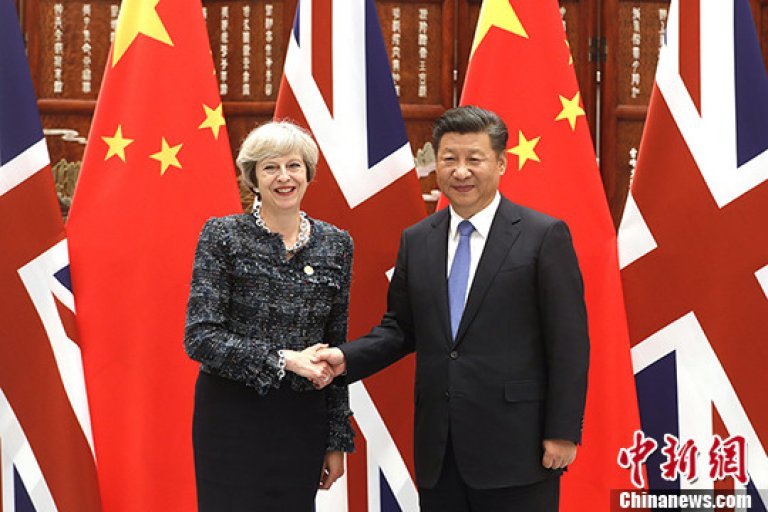New York Times
Ma Junjie

People from China who travel abroad are struck by the stark differences between their country and those that they visit. In the United States and Europe, they probably envy how people live in comfort and are rich enough to engage in arts and public service. These countries in general have more honest and transparent governments, as well as an active and efficient civil society. In Africa and poorer parts of Latin America, they feel thankful for China’s economic take-off. They remember how important it is to have an effective market and a promising government.
The Chinese think like this because of their inherent prejudices. Many Latin American countries have a per capita income that’s higher than China’s. Even Greece, an economically “failed country” in our eyes, has more affluent people on average than China. Yet many Chinese people believe that China’s rich are buying up the whole world because of the way the country is portrayed in the media. Some even imagine that China is the world’s leader. This is a misunderstanding.
Last August, The Financial Times published an article titled Redrawing the World Map. The writer said that “emerging nations” that have reached the $10 trillion (Dh36.78 trillion) investment scale now make up an important part of the world economy. In terms of total debt, share of the global gross domestic product and foreign exchange reserves, emerging markets are performing better than advanced ones. So, the writer pointed out, the world’s economic map should be redrawn.
It’s difficult to classify the Chinese economy because it’s already the world’s largest in terms of purchasing power parity, as the Financial Times article noted. Yet, in terms of per capita gross domestic product (GDP), China is lagging far behind.
China’s $8 trillion stock market is the world’s second largest after the US, while its bond market is the world’s third biggest after the US and Japan. But Morgan Stanley International Capital Index had a point when it rejected, for the third time, the inclusion of China’s A-share stock market in the index citing governance concerns. The Chinese stock market does have some issues.
China is dwarfed by developed countries in per capita income and on the human development index too. Not many Chinese people are aware of this gap. It’s not even fully reflected in the development of foreign and domestic policy. Does China possess the strength of a global economic power and is it capable of leading international affairs? Compared with advanced countries, there exists some gaps at present.
For certain hotblooded people, this is perhaps a cold shower. For the massive middle class that pursues economic and political rights in China and falls short of obtaining this goal, achieving this parity remains a common aspiration.




